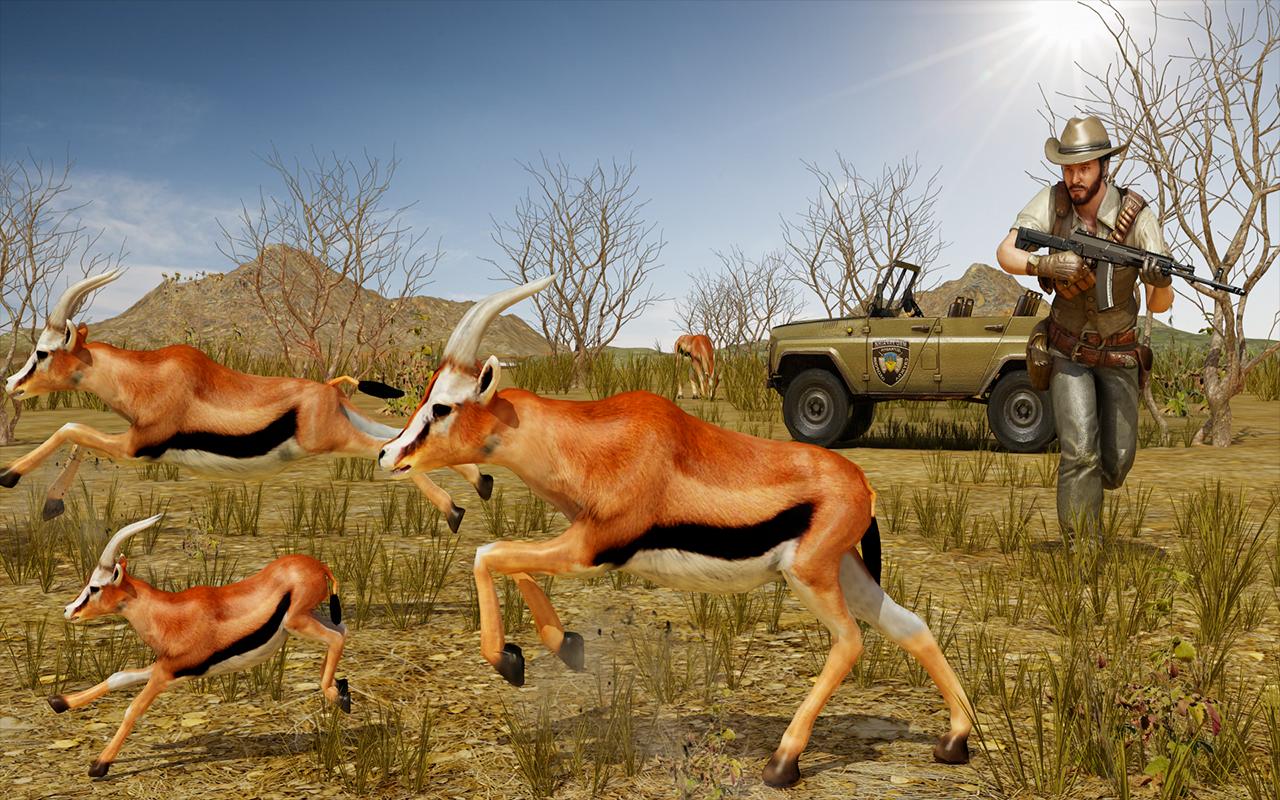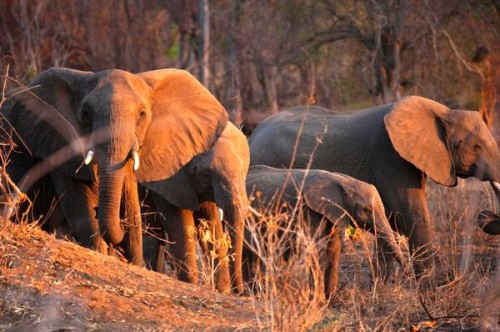When Mozambique lost more than half of its elephants due to hunting since 2009, the World Bank’s decision to fund this sport has been questioned. Is hunting the best way to save the animals on the brink of genocide?
At the end of 2014, the World Bank funded US $ 46 million for Mozambique – one of the poorest countries in the world. For tourism development and poverty reduction, of which US $ 700,000 is dedicated to the hunting of elephants and lions.
Meanwhile, poaching for ivory for black markets in Asia caused the number of elephants in Mozambique to plummet. Many poor countries in Africa have long considered hunting as a way to finance wildlife protection.
Despite the fact that the rhino in Zimbabwe did not escape extinction in 2013. In contrast, Botswana and Kenya have decided to ban large-scale hunting in the face of declining numbers of elephants and animals. In these two countries. The view that hunting animals is a conservation strategy still faces mixed opinions.

According to a World Bank spokesman, hunting will be an important tool for sustainable management of protected areas and natural resources. However, many other ideas that profit from sports hunting is not enough to motivate poor communities. Especially in the context of corruption in some countries.
Organizations like the World Bank should recognize that killing animals is an unethical, unethical practice and cannot be considered conservation.
The idea of using wildlife sustainably has been mentioned in the Convention on Biological Diversity. It is a treaty aimed at developing national strategies for the conservation and sustainable use of biodiversity. Accordingly, humans are allowed to benefit from animals provided that they do not affect the number of individuals and their habitats.
To date, there has never been a comprehensive study to calculate profits and prove that the industry can provide significant benefits to the communities living there. And more importantly, how much of the total benefit will reach the locals after passing the government?
